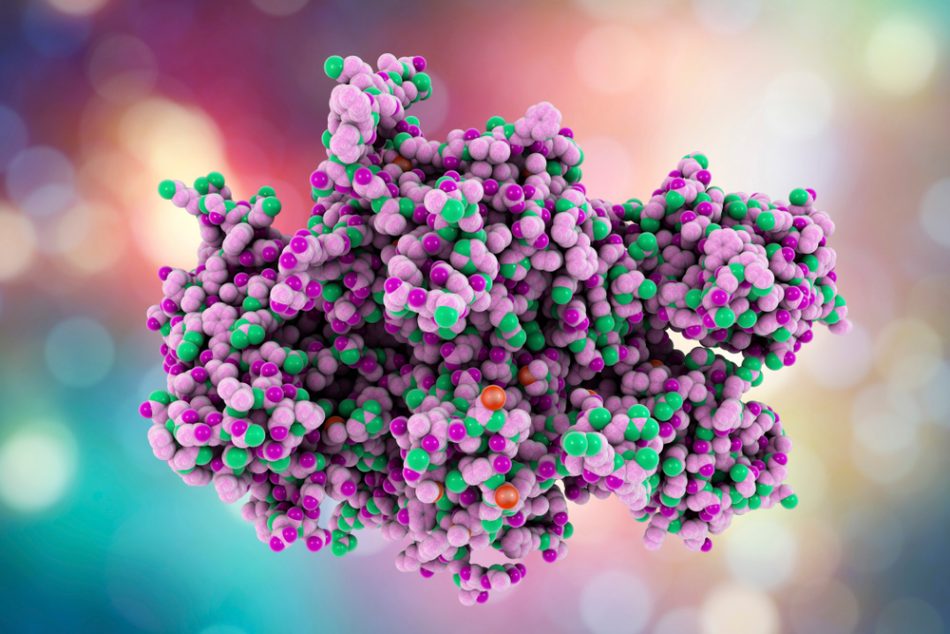We may think of machines as nuts, bolts, and maybe a CPU. Microorganisms, though, create many proteins and enzymes which perform a very machine-like function. A famous example of this is CRISPR-Cas9, which was originally an evolutionary adaptation observed in microorganisms.
While microorganism-produced enzymes, in CRIPR’s case, cut DNA to reinsert themselves into the strand, scientists now want to try to use enzymes to produce medicine.
Medicine production via enzymes
Nonribosomal peptide synthetases (NRPSs) are a type of enzyme used by tiny microbes to chemically kill off surrounding organisms. This process inspired a group from McGill University to investigate further.
The team realized that these enzymes could be manipulated to produce useful drugs for humans. If they can do it for bacteria, they can probably synthesize numerous medicines for us too, including immunosuppressants and antibiotics.
“Microbes like bacteria and fungi have these NRPS machines that are responsible for making molecules that act as important drugs and therapeutics,” said Camille Fortinez, lead author of the paper.
In order to understand the inner workings of NRPSs, the team used equipment from the Canadian Light Source (CLS) at the University of Saskatchewan. This allows high-resolution images of the mysterious process and the fitting together of some of the puzzle pieces in the process. “This high resolution is really integral for allowing us to answer questions and better understand the NRPS,” explained Fortinez.
If scientists can learn how to harness the power of these enzymes, these microorganic machines, medicine could be produced at a lower cost and higher efficiency. For more examples of a nature-inspired innovation, read more here.
Source study: Nature Communications – Structures and function of a tailoring oxidase in complex with a nonribosomal peptide synthetase module










